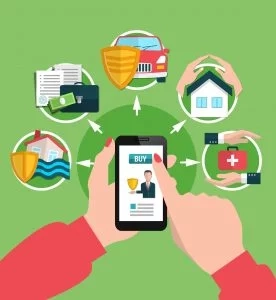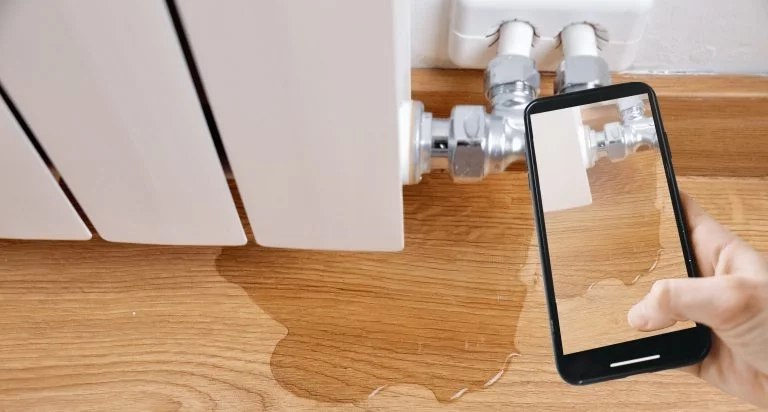How to transform the customer experience

The insurance sector is changing very quickly and the various players are working to integrate digital uses into their processes and their value chain to meet constantly changing customer expectations. A recent survey of business leaders has shown that the global situation linked to the COVID-19 pandemic in 2020 has accelerated the digitization of services and solutions in Europe by seven years and insurance is one of the sectors that rely on digital to meet the objective of improving customer service.
The digitization of insurance
Previously, in the traditional insurance model, the customer relationship began with a contract signing in an agency with an insurer near home or under the advice of a relative or friend. This model has completely evolved today since customer expectations have evolved considerably. The customer no longer buys just a contract, but a service. They have access to comparators, blogs, and testimonials that allow them to choose the service they feel is best suited to their needs. It is therefore important to offer policyholders an optimal customer experience, at all stages of the customer relationship: subscription, contract follow-up, claims management, compensation, etc.
The importance of claims management in the customer experience
When we think about digital customer expectations, we often think first and foremost about the subscription journey. However, the satisfaction of existing customers is also important to retain them and stand out from the competition . In the insurance industry, it is therefore important to take care of the customer experience when they need support the most: when a claim occurs. Even a virtuous subscription and customer care journey will be quickly forgotten if the first claim is not a satisfactory experience. According to a study by PWC “the claims management is a key act for the client, as it constitutes the moment of truth when the promise must be delivered . In the event of compensation deemed unsatisfactory by the customer, the sanction will be immediate with a risk of termination or even a negative recommendation”, it is therefore an “excellent lever for loyalty and conquest”.

Still according to this same study, four types of technologies have today become essential levers for transforming claims management from a source of cost into a source of profit:
- Online claims reporting and follow-up portals and applications
- Tools allowing insurers to make proposals by mutual agreement for small claims
- Selfcare solutions for certain types of claims thanks to the use of Artificial Intelligence
- Remote Loss Adjustment to shorten processing times
The benefits of video-adjusting for remote loss adjustment

When a claim occurs, in most cases, the insurance company or its claims adjuster entrusts the assessment of the claim to a loss adjuster. The loss adjuster must often visit the site to collect visual evidence and estimate the value of the damage. Processing times must therefore take into account the availability of the adjuster to make the trip, the travel time depending on the distance of the customer, their availability, etc. All these elements lengthen the time between the declaration of the claim and compensation.
Video-adjusting revolutionizes this process by allowing adjusters to access the claim remotely and in real time for faster damage assessment.
Video-adjusting is in itself very simple and fast. The adjuster schedules the appointment with the client and on D-day, the client connects with the adjuster directly via a browser (no application download is required). During the remote loss adjustment, the adjuster will guide the client in order to carry out an evluation of the damage. The video loss adjustment can also be enriched with features like photo upload, remote snapshots, augmented reality, etc. The session can also be recorded and all shared media will be used to document and justify the claim assessment.
Remote loss adjustment has several benefits:
- Accurate real-time evaluations
- Faster processing of claims, even immediate upon declaration, commonly called in the insurance industry FNOL (First Notice of Loss)
- Improved customer satisfaction
- Improved expert efficiency and reduced costs by reducing field time and travel
Beyond these technologies, many insurers and consulting firms are evaluating the best way to integrate them into existing processes and solutions in the company. The video loss adjustment solutions provided by Apizee integrate perfectly with the use cases of remote insurance adjustment. We provide support and integration solutions with the aim of simplifying as much as possible interactions with customers and to deliver a seamless and more personalized digital experience.
Learn more about our video adjustment solutions Contact us for a demo
Read also:
- Eurexo customer case: video loss adjustment with Apizee Diag Help Desk
- How video assistance can help you protect your employees and customers during the COVID-19 epidemic



